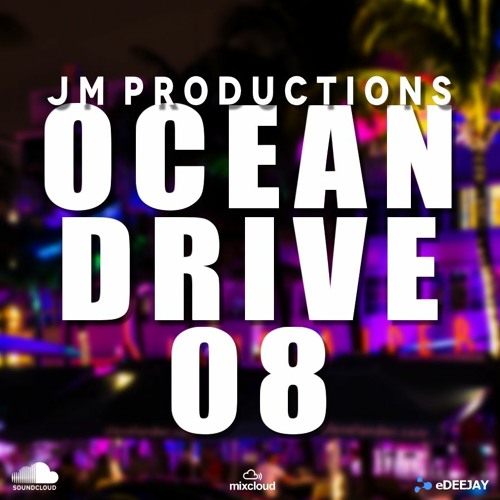
His main contributions to the report were in assessing long-term and potential future changes in the ocean, their links to climate change and the impacts/risks for humans. Professor Reid, a member of the Continuous Plankton Recorder Survey group at the Marine Biological Association, is also part of the core group advising IPSO. The pandemic has made us realize the absolute importance of holding governments to account in protecting nature, and this report can be vital in bringing that to fruition." But there is a vital need to better protect resources such as fish breeding areas and seabed habitats that are easily damaged. "There is no such thing as "UK fish' as the ocean is interconnected. His role with the program is to consider how best to ensure the ocean continues to function as Earth's life support system at the same time as providing food and other ecosystem services to humans.

Professor Hall-Spencer, one of the world's leading experts on the impacts of ocean acidification, fisheries and warming, is one of the core group of 16 scientists that advise the IPSO. The International Program on the State of the Ocean (IPSO) authors hope that improving knowledge about the role of the ocean in our lives-something, for example, which is not featured in many school curricula-will increase the attention paid to the ocean and the urgency with which action is taken. It also adds that although the health of the ocean is deteriorating swiftly and to the detriment of humankind, very little is being done to address the situation.

This new report points to the absence of consideration of the ocean in most discussions about how we learn from the pandemic, and that the global-scale policy change needed will not be forthcoming without an improved understanding and articulation of the role of the ocean in our lives.

The authors include Professor of Marine Biology Jason Hall-Spencer and Professor of Oceanography Chris Reid, who were also part of research published in 2019 which highlighted urgent action needed to head off potential ecological disaster in the global ocean. Providing recommendations for decision makers, scientists and NGOs it makes six, scientifically-informed points which everyone should understand and act on. Published in the journal Aquatic Conservation, the study breaks new ground in recognizing how an effective use of language can change the trajectory of ocean decline and says a rethink is both essential and timely in order to improve understanding and action.


 0 kommentar(er)
0 kommentar(er)
